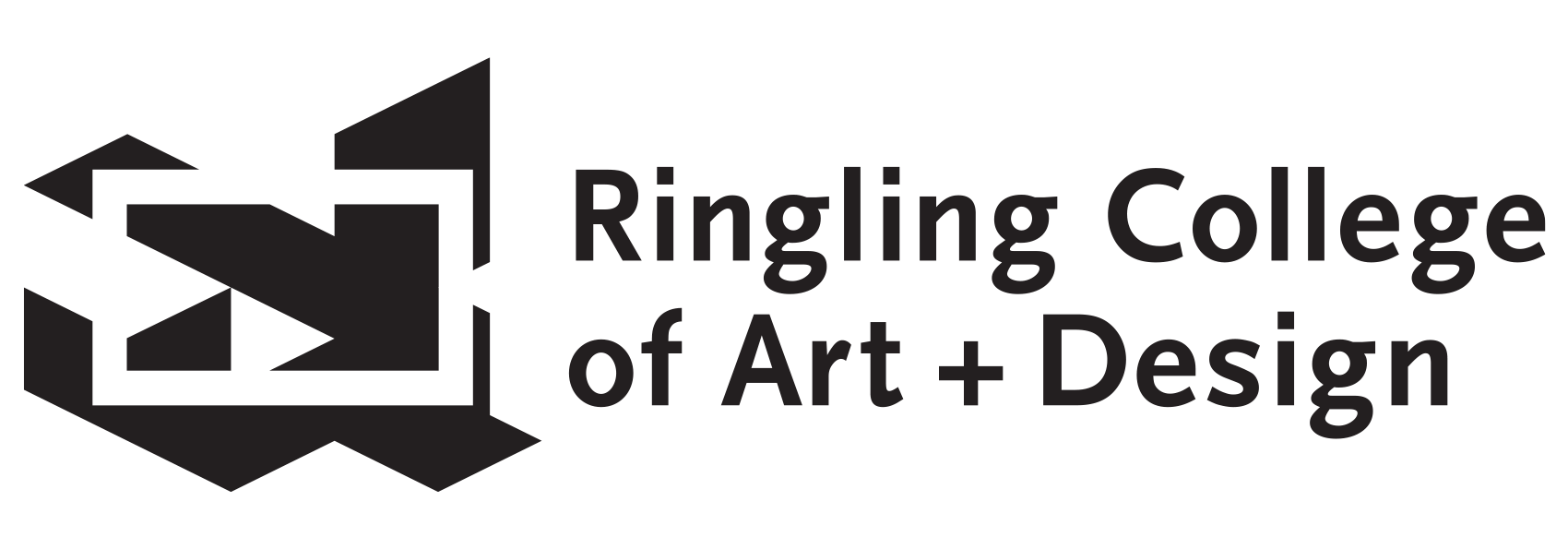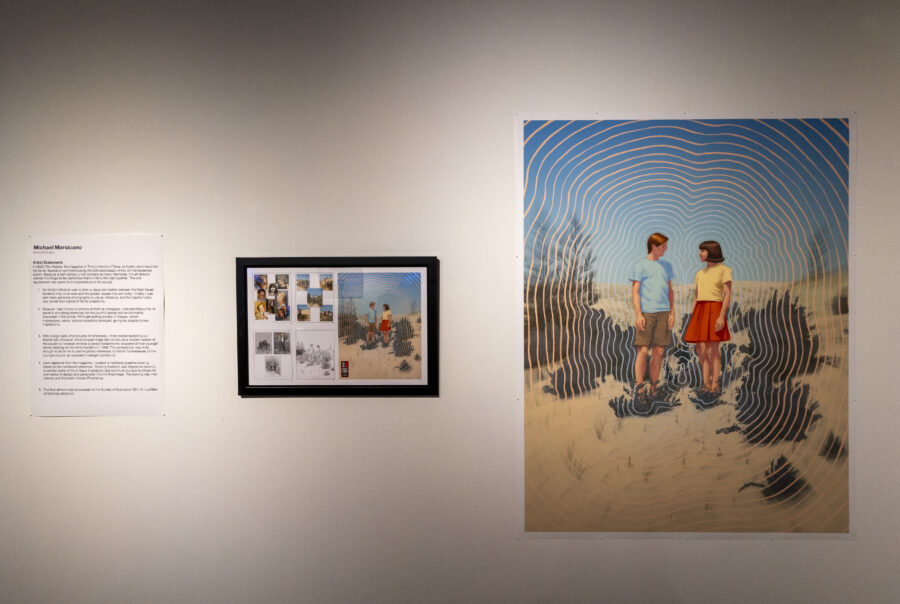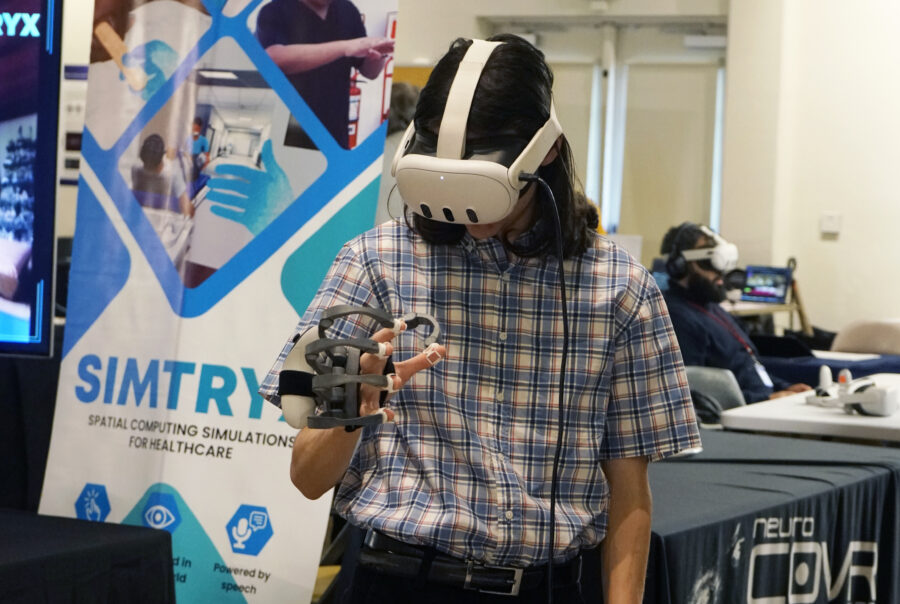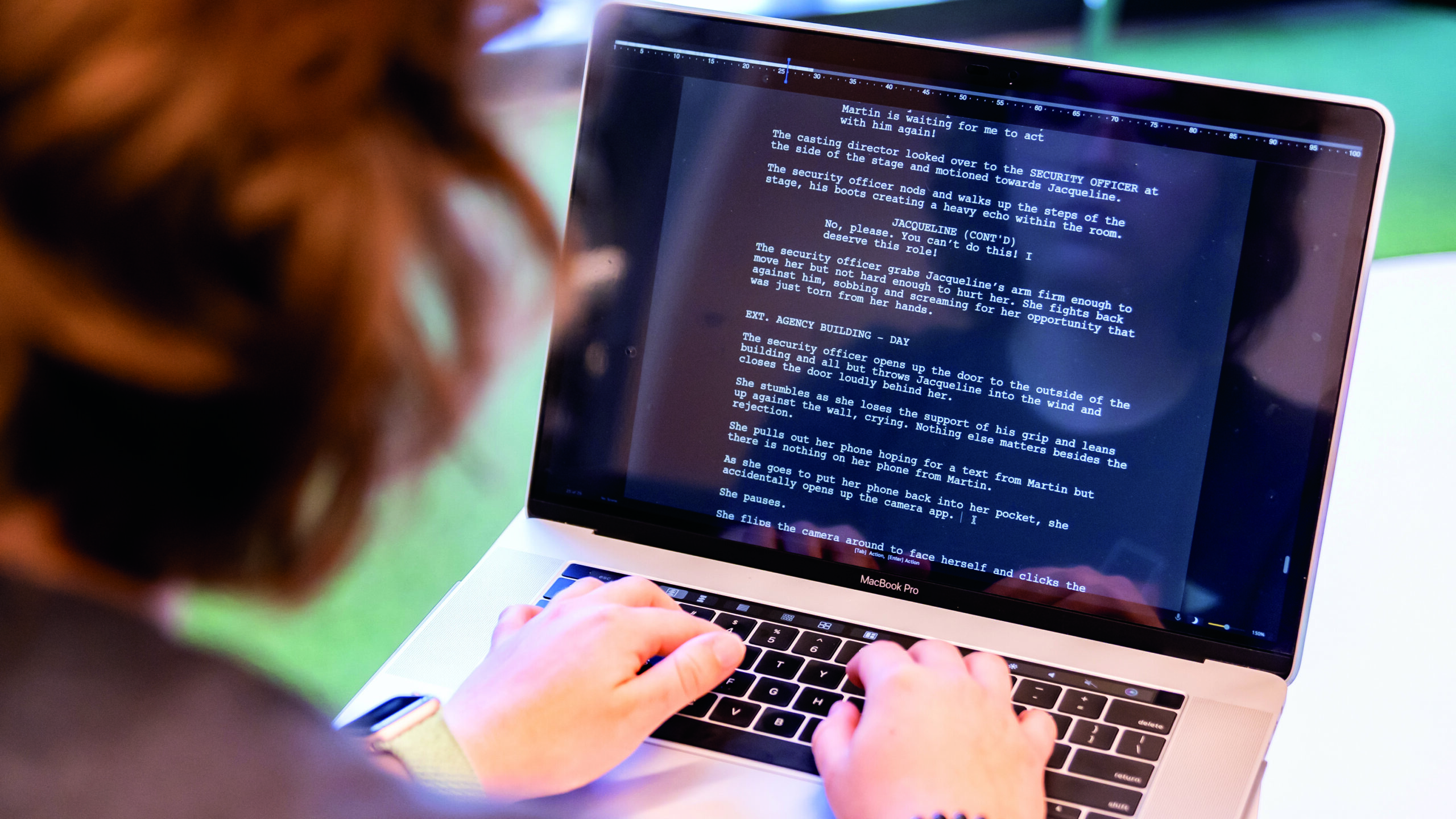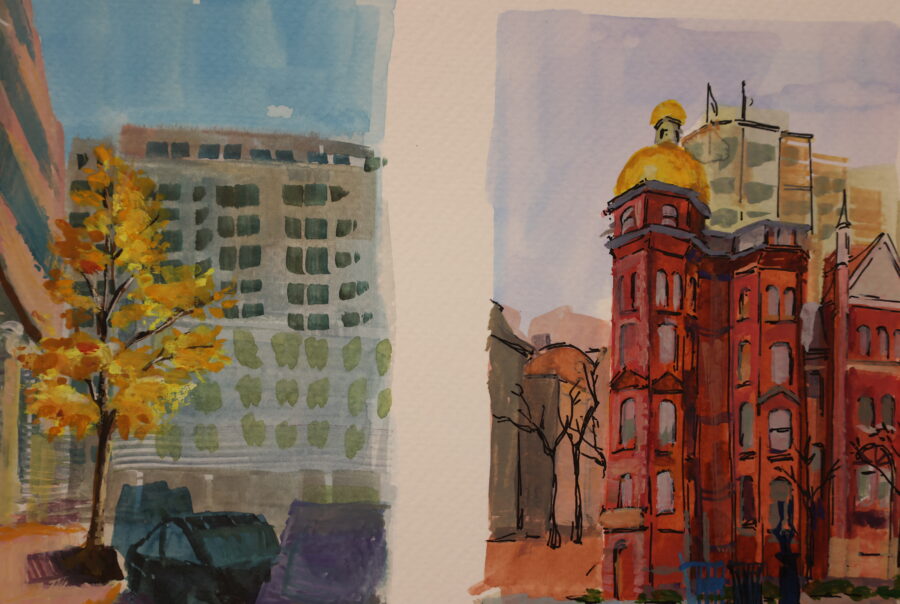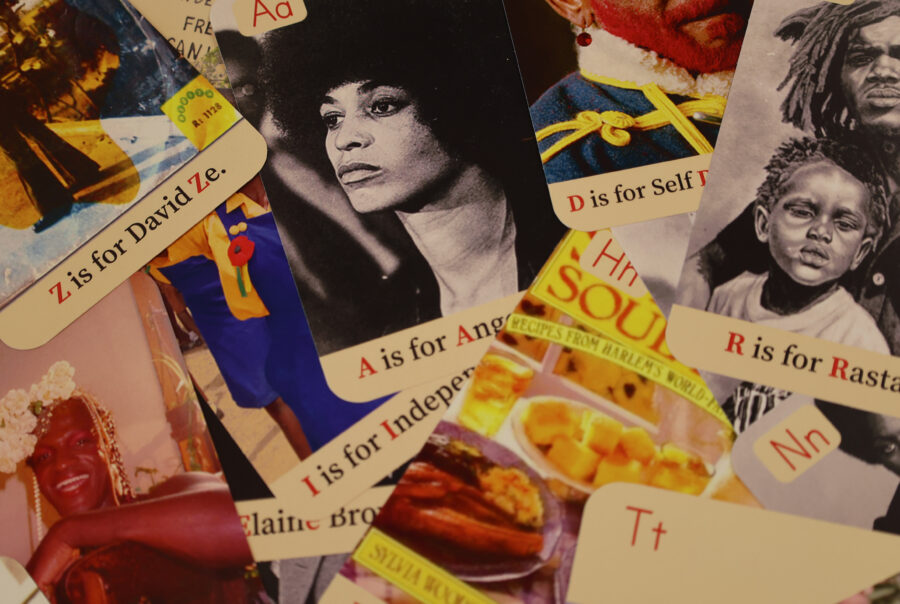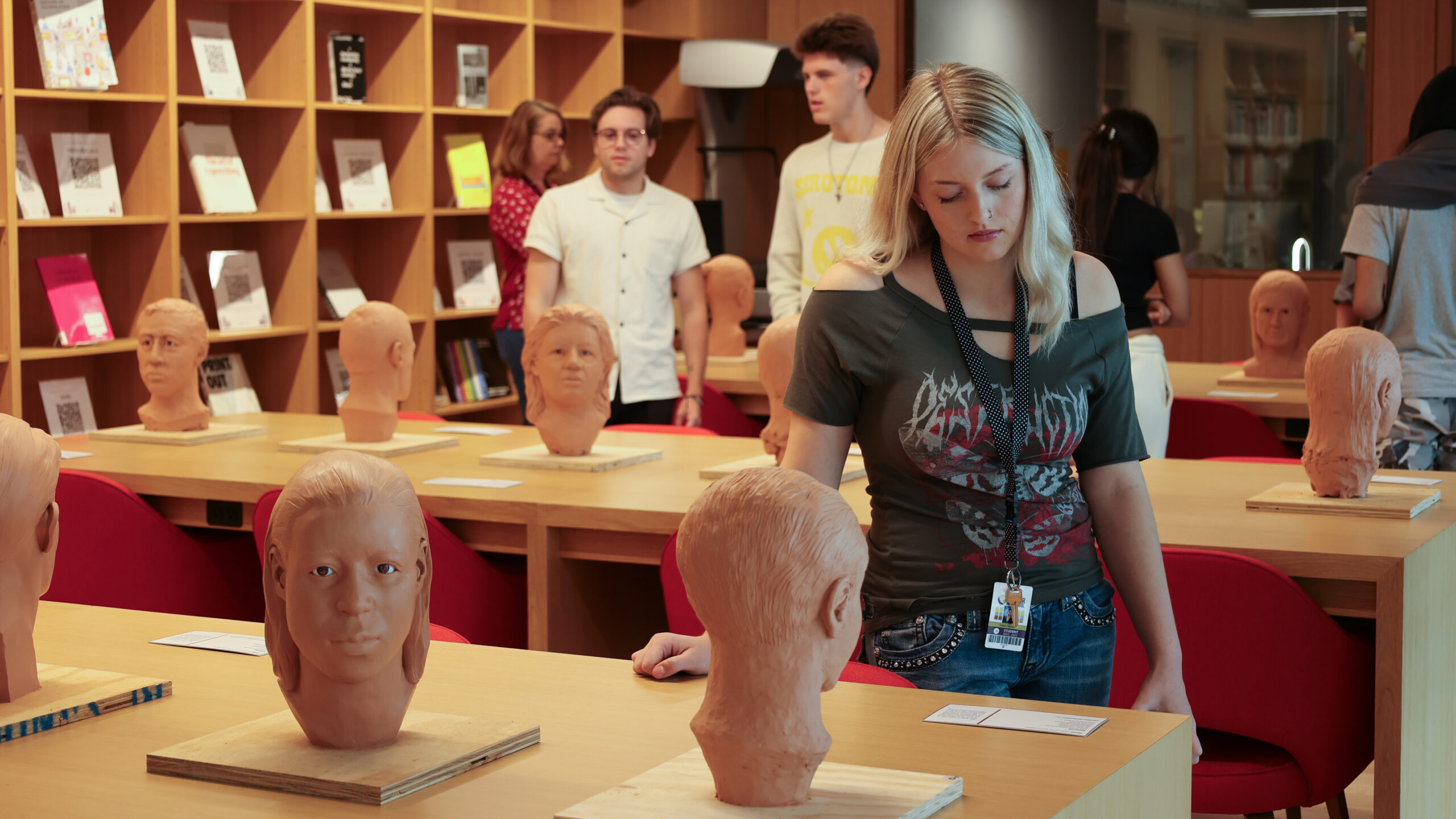Our Approach to AI in Art and Design Education
At Ringling College of Art and Design, we acknowledge the disruptive impact of artificial intelligence (AI) on the creative industries. We understand that AI has caused uncertainty, frustration, and even anger among many artists and designers who fear for their livelihoods and the future of their crafts. As we confront the challenges posed by AI, we remain committed to providing our students with the skills, knowledge, and ethical foundation necessary to navigate this rapidly changing landscape.
- We believe AI will have a huge disruptive impact and it is our responsibility to prepare our students for that.
- We believe fundamental art and design skills are of paramount importance and will remain at the core of our curricula.
- AI offerings are options for students in all majors as an add-on, not a replacement for studio art classes.
- Ringling College is committed to educating our students on the ethical, legal, and moral problems AI presents and helping them protect themselves and their art.
- There are many different AI tools that do many different things and each of our 13 majors is engaging with AI (or not) in the way that best serves their students.
Addressing AI Challenges in the Arts
Human Creativity Remains Essential: While we recognize the potential powerful impact of AI, we firmly believe that human creativity and artistic vision are irreplaceable. We acknowledge that AI tools can automate certain tasks and generate content quickly, which has led to concerns about job displacement and the devaluation of human artistry. However, we maintain that the creative process is fundamentally human, and our programs are designed to emphasize and cultivate this unique human capacity.
Fundamental Art Skills: We will continue to prioritize the development of fundamental art and design skills, as these form the foundation for creating exceptional, original work that stands apart from the growing flood of AI-generated content. Our AI courses provide additional options for students interested in exploring this technology, but they will not replace our core curriculum, which focuses on honing the timeless skills and principles of art and design.
Ethical AI Practices: Ringling College is dedicated to teaching and upholding ethical practices in the use of AI. We ensure that our students understand the importance of consent, attribution, and respect for original creators when working with AI tools. We also foster critical discussions about the societal implications of AI, including issues of bias, copyright, and the potential for misuse.
Empowering Informed Decisions: Our Undergraduate Certificate in AI program equips students with the knowledge and skills needed to make informed decisions about incorporating AI into their creative workflows. By understanding the capabilities, limitations, and ethical implications of AI, our graduates will be prepared to advocate for themselves and navigate the challenges and opportunities presented by this technology in their chosen fields.
Preparing for the Future: By providing a comprehensive education that covers both the technical and ethical aspects of AI, we aim to produce graduates who are not only skilled creators but also responsible stewards of this transformative technology. Our goal is to empower students to make informed choices about how and when to engage with AI tools in their artistic practice, ensuring that they can adapt and thrive in an evolving industry.
Shaping the Future of Art and Design
At Ringling College of Art and Design, we are committed to providing our students with an education that prioritizes human creativity and traditional artistic skills while also addressing the challenges posed by AI. Through our core curriculum and optional AI courses, we foster a deep understanding of the creative process and provide students with the tools they need to navigate an increasingly complex industry. We stand with our students and alumni as they face the uncertainties brought about by AI, and we will continue to advocate for the value and importance of human artistry in the age of automation.
Recent News
Get to know Ringling College of Art and Design
Ringling College of Art and Design educates students, its community, and the world to understand art and creativity as essential dimensions to life.
Learn about each of our 13 creative disciplines.
Find yourself—and your community.
Stay up-to-date with whats happening on campus.
